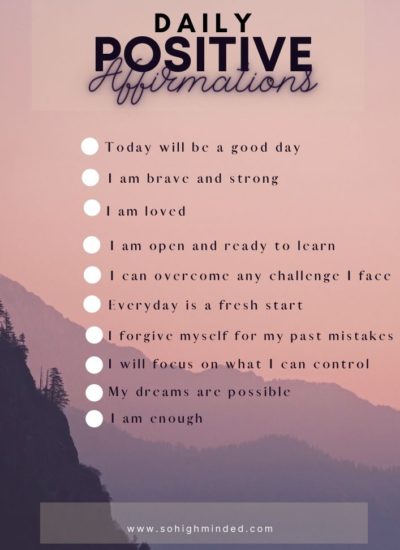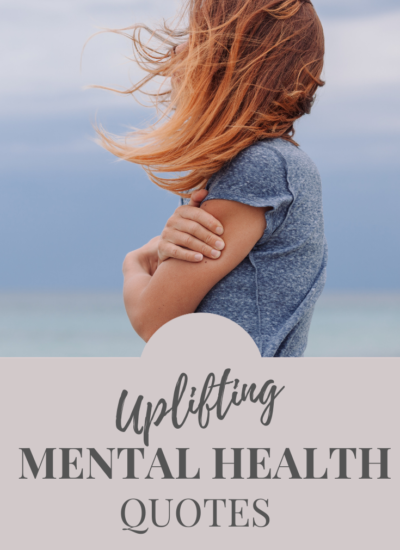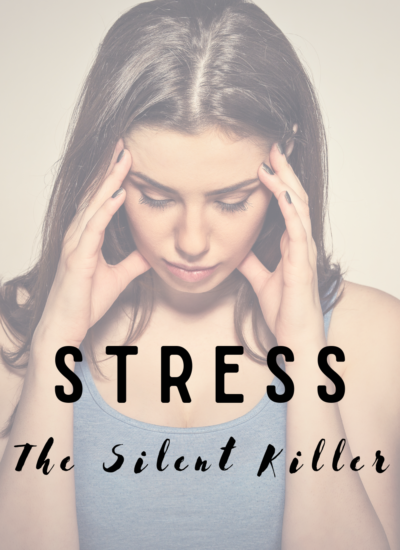
(This post may contain affiliate links. Please read the full disclosure here.)
At some point in life, everyone is affected by anxiety. Feeling anxious occasionally is common, and a natural response to life’s highs and lows.
Unfortunately, for some people, anxiety is continuous and can be debilitating. Constantly trying to overcome feelings of anxiousness can take a major toll and affect several aspects of daily life.
Anxiety can impact personal relationships, job performance, intimacy, and your health.
Oftentimes, medication is the standard treatment for anxiety. However, there are some things you can do to better manage your anxiety symptoms.
One thing you can do is watch what you eat. Below are 5 foods to avoid if you have anxiety.
Simply eliminating certain foods from your diet can have a positive impact on your mental health.
Common signs and symptoms of anxiety:
- Excess worrying
- Muscle tension
- Feeling jittery
- Rapid heartbeat
- Feeling nervous
- Poor concentration
- Hyperventilation
- Stomach cramps
- Difficulty sleeping
- Constipation or diarrhea
The Brain-Gut Connection
When feeling anxious, do you experience stomach cramps, nausea, loss of appetite, and/or diarrhea?
The brain and gastrointestinal (GI) system contain nerve cells and chemical messengers that communicate with each other via the vagus nerve.
Because of the brain-gut connection, your diet can directly affect your mental health.
Being more conscious regarding the foods you consume can boost your brain functions and reduce your anxiety symptoms.
Here’s a free printable anxiety worksheet that promotes better anxiety management.
Top 5 Foods to Avoid If You Have Anxiety
1. Caffeine
Caffeine is a central nervous system stimulant and should be avoided to prevent anxiety attacks.
Secondly, caffeine causes your heart to race, increases blood pressure, and can cause you to feel jittery.
Caffeine can cause dependency forcing your body to crave a daily caffeine boost. If you consume excessive amounts of caffeine daily, trying to quit cold turkey will more than likely result in withdrawal symptoms.
Typical symptoms of caffeine withdrawal are headaches, sweating, fatigue, poor concentration, jitters, and anxiety.
So next time, think twice about indulging in too many sodas, coffee, teas, and energy drinks.
2. Alcohol
Alcohol directly affects the serotonin level in the brain. Serotonin is a hormone that is responsible for our mood and how we feel.
Initially, alcohol may help you “unwind” or “take the edge off” due to serotonin levels increasing, resulting in you feeling happier.
However, with excessive alcohol use, your serotonin level decreases, which worsens anxiety.

3. Refined Sugar
Cane sugar, high fructose corn syrup, brown sugar, and artificial sweeteners are examples of refined sugar. Refined sugar makes food yummy and makes you want more, but it really should be consumed in moderation.
Consuming sugar gives you a “sugar high” that will surely send you crashing hours later. Research studies have shown that refined sugar intake resulted in the research participants feeling more anxiety.
If you need a sweet tooth fix, consuming fresh fruits instead of pastries is a healthier alternative.
4. Processed foods
How often do you eat fast food? Microwavable dinners?
Processed foods contain additives and preservatives to extend the product’s shelf-life.
Is it really safe or healthy for a food item to have a shelf-life of 2 years? In most cases, no!
Additives and preservatives are chemicals and can affect your brain function.
Although these foods are convenient, tasty, and provide a quick fill-up, they negatively impact your mood.
Examples of processed foods are sausages, hot dogs, frozen dinners, deli meats, and prepackaged snacks.
5. Fried Foods
Although fried foods are delicious, it isn’t a secret that fried foods are unhealthy.
If eaten in excess, fried foods cause high blood pressure and high cholesterol.
A diet full of fried foods will clog arteries, decrease blood flow to your brain, and affect your mood.
If you enjoy fried foods, preparing your food in an air fryer will allow you to put a healthier spin on your unhealthy comfort foods.
Conclusion
“You are what you eat.”
Let’s face it, there are hundreds of items in the grocery store to choose from. Picking the best option can be challenging, and you may not know where to start, which is totally understandable.
One rule of thumb is to shop around the perimeter of the grocery store and limit the number of items you purchase in the interior aisles.
By shopping the perimeter of the store, you are more likely to select fresh veggies, fruits, and sources of proteins with limited additives and preservatives.
Being aware of what foods you consume is important. Reading the nutritional labels on your food items is the first step to improve your awareness.
Have you ever tried anti-anxiety recipes? Here’s a list of anti-anxiety cookbooks that will make preparing mood-boosting meals easy!
If you have feelings of anxiousness, a simple diet change may be the trick.
Just know that millions of people are affected by anxiety… you are not alone!
There are professional resources and support out there to help you overcome your anxiety and live your best life.
Two convenient and affordable therapy options are Talkspace and BetterHelp. Both of these sites allow you to connect with a licensed therapist virtually in a secure online setting.
Sometimes, you cannot figure it out on your own, and talking to a professional can help you conquer your situation by utilizing a fresh approach.
Please comment below and share your thoughts regarding your diet and anxiety.








Leave a Reply